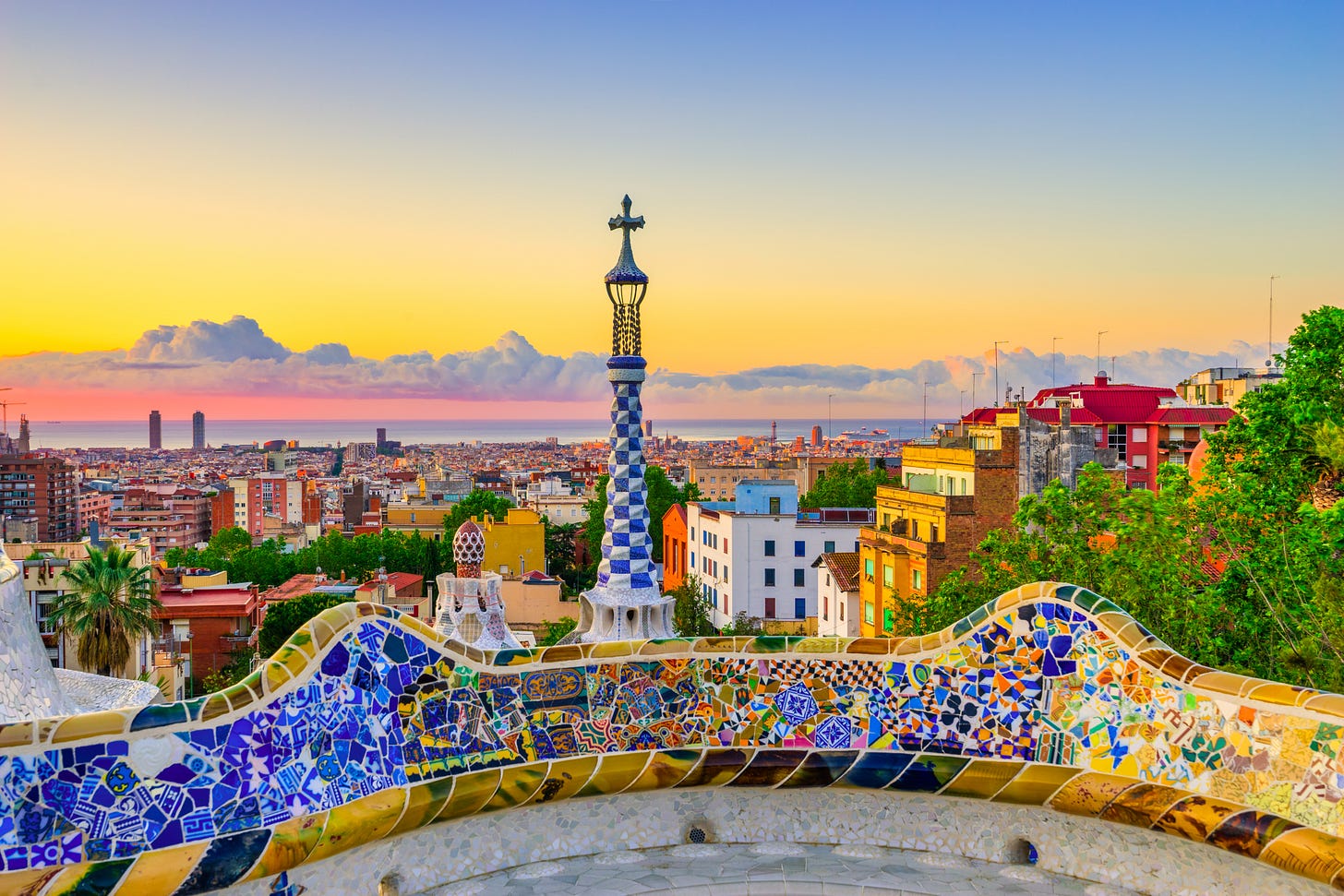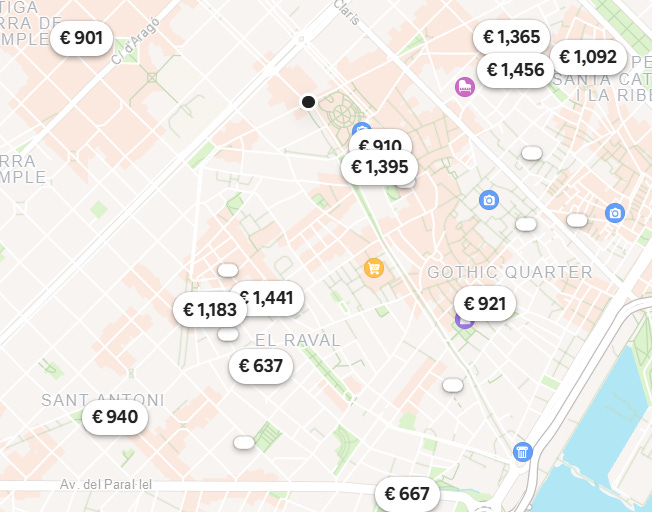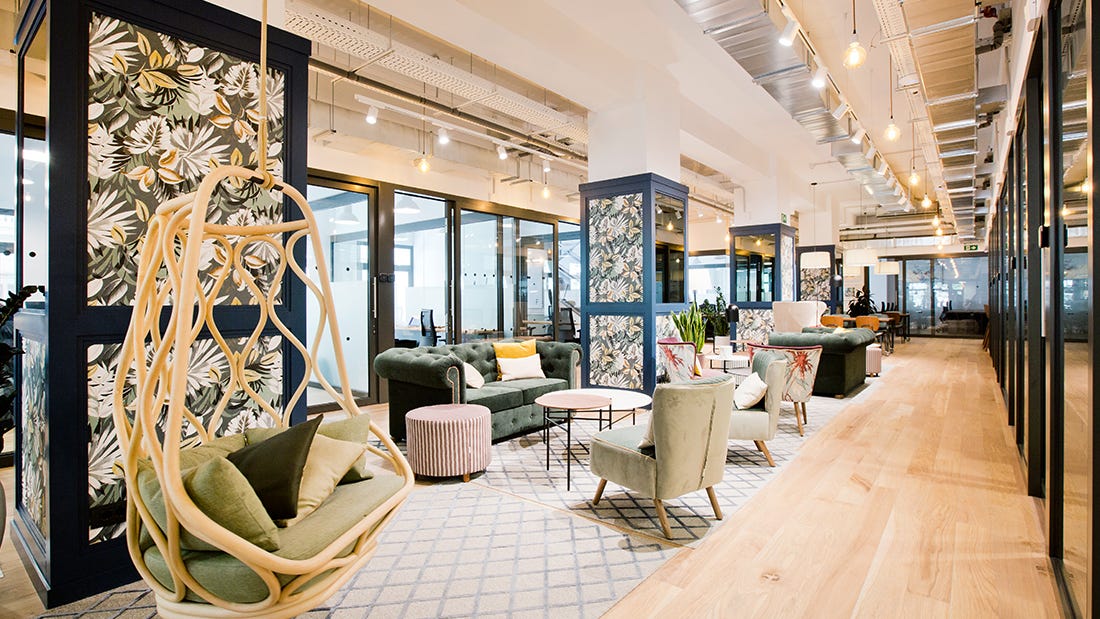Barcelona: Nomad Deep Dive
Barcelona is a digital nomad’s dream, offering a mix of rich culture, affordability, and a vibrant community. The city’s charm lies in its ability to blend traditional Catalan culture with a modern cosmopolitan lifestyle. Renowned for its architectural marvels by Antoni Gaudí, such as the Sagrada Família and Park Güell, Barcelona is a haven for art and history enthusiasts. With over 2,000 years of history, the city’s Gothic Quarter and Montjuïc Castle are just a few of the landmarks that tell the tale of its storied past. Throughout the year, festivals like La Mercè, Primavera Sound, and Sant Jordi bring the city to life, celebrating both local and global cultures.
One of the biggest draws for digital nomads is Barcelona’s lifestyle. The city’s proximity to both beaches and mountains offers endless opportunities for outdoor activities, from sunbathing at Barceloneta Beach to hiking in the nearby hills. The food scene is equally enticing, with an array of restaurants serving everything from traditional tapas to avant-garde cuisine, while the nightlife offers a mix of laid-back bars and lively clubs. The Mediterranean lifestyle emphasizes work-life balance, making it easier to enjoy the city’s offerings.
Cost of living in Barcelona is relatively affordable compared to other major European cities like London or Paris. A one-bedroom apartment in the city center typically costs between €800 and €1,500 per month, depending on location and amenities. Utilities, including electricity, heating, cooling, and water, range from €100 to €150 per month. Groceries are reasonably priced, costing around €200-€300/month, while dining out can range from €10-€25 per meal. Public transport is efficient and economical, with a monthly pass costing about €40-€50. A snapshot of monthly apartment rentals in the city can give you an even further idea of the price ranges for accommodation.
Safety is generally not a concern in Barcelona, though it’s wise to stay alert in tourist-heavy areas where pickpocketing is common. The city has a strong police presence, particularly in popular spots, which helps maintain a secure environment.
Barcelona enjoys a mild Mediterranean climate, with hot summers and mild winters. Average temperatures range from 24-30°C in summer to 8-15°C in winter, making the city ideal for year-round outdoor activities. Rainfall is moderate, with wetter months in autumn and spring, but overall, the city enjoys plenty of sunshine.
For EU citizens, relocating to Barcelona is straightforward, requiring no visa. Non-EU citizens have several options, including the Schengen Visa for short stays, the Non-Lucrative Visa for longer stays without local employment, and the Golden Visa for those making significant investments in Spain.
Barcelona is well-connected, with Barcelona-El Prat Airport offering extensive international flights, and the AVE high-speed train network linking the city to other major Spanish and French cities.
The digital nomad community in Barcelona is thriving, with over 200 co-working spaces and regular meetups offering ample networking opportunities. Internet connectivity is robust, with average speeds between 100-600 Mbps, and free Wi-Fi available in most public spaces. OneCoWork Barcelona is a great example!
Healthcare in Barcelona is excellent, with both public and private options available. The public healthcare system is accessible to residents, while private clinics offer additional services, often with English-speaking staff. Private health insurance ranges from €50-€200 per month.
In a nutshell: Barcelona combines cultural richness, affordability, and a strong digital nomad community, making it an ideal base for remote work in Europe.





